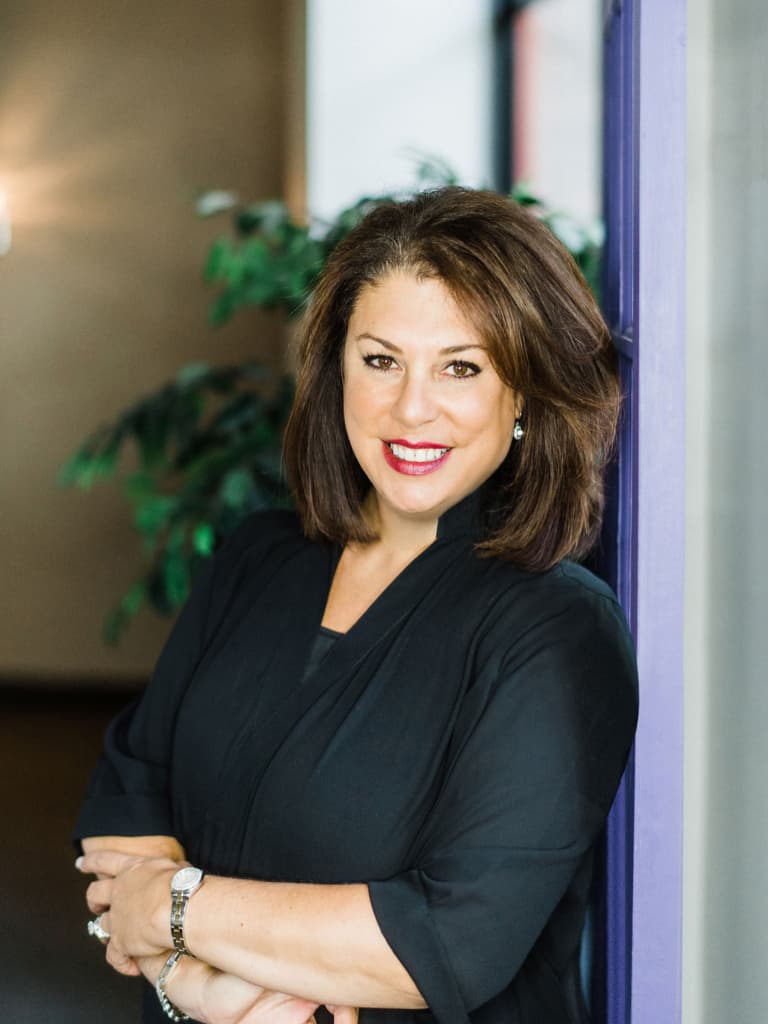A few years ago, the term “sandwich-ed” became a popular one-word depiction of adult children serving as the “middle” of a sandwich, between two pieces of bread: one side is caring for aging parents and the other is taking care of their own younger children. An article in today’s Hartford Courant addressed a financial issue related to the “sandwiched” population.
To summarize the issue, we turn to the economic fallout of the “sandwiched” caregiver. If a 55-year-old adult child spends $7,000.00 of their own money to provide financial assistance to a parent as part of a caregiving plan, that may have an impact on the caregiver’s retirement savings. The $7,000.00 figure signifies that maximum contribution a 50-year-old may contribute to an IRA annually. If $7,000.00 was contributed to an IRA for five years and then invested and allowed to grow until age 70, the caregiver may have accumulated an additional $65,000.00 of retirement funding.
At Disability Planning Partners, we find adult children want to provide love and care to their parents. Part of this care may involve supplementing mom and dad’s income to cover expenses at home.
The Courant mimics our position – before embarking on the path of caregiving, it is essential to formulate a proper plan to support one’s parents. The development of a plan is individually tailored to suit each family’s needs. And the needs may be vast. As an example, if mom’s income is low and she has expensive medical expenses, there are ways to save money on prescriptions and co-pays, beyond Medicare and private supplemental insurance policies.
Additionally, in the event that mom and dad have resources to compensate caregivers, this arrangement needs to be memorialized in legal documents. Paying for care without the proper documentation can be perilous to mom and dad. And, this is beyond the obvious issue of paying caregivers under the table! Planning avoids falling into a pitfall of unexpected consequences in the complex world of aging well at home with proper care and support.

